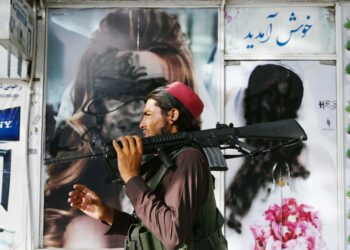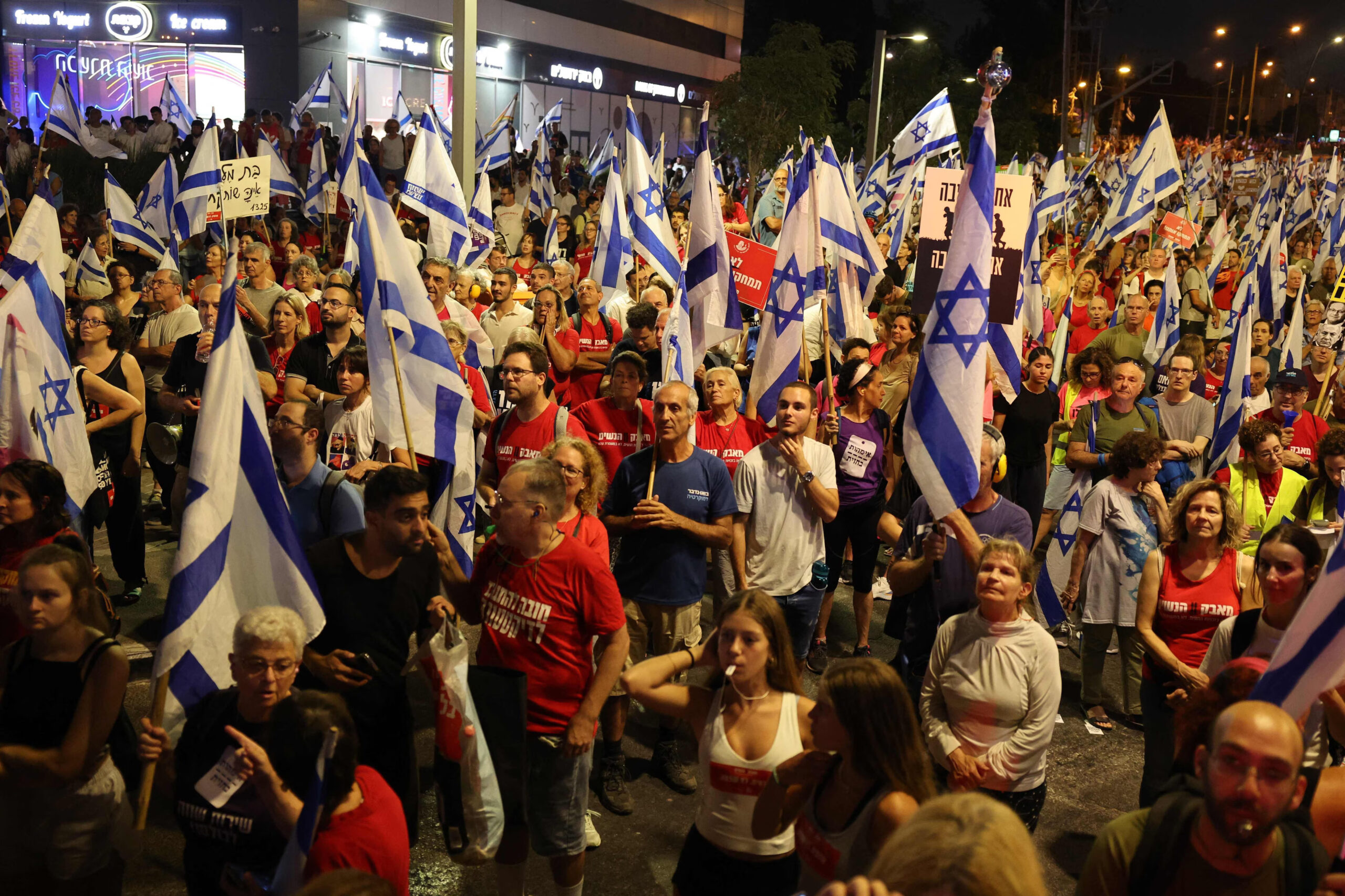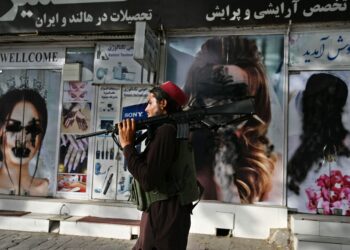The United Nations issued a blistering report Tuesday accusing the Afghan state of violating women’s rights by failing to prosecute criminal violence against them, underscoring widespread gender brutality nearly 17 years after the Taliban’s fall.
A law protecting women from violence has been in place since 2009, but instead of enforcing it authorities are allowing and sometimes overseeing informal mediation to resolve criminal cases, the United Nations Assistance Mission in Afghanistan (UNAMA) said in the report.
In a country where women are often confined to the home and seen as subordinate to men, access to justice remains “severely inadequate” and promotes impunity for perpetrators, UNAMA added.
New @UN report on violence against women in #Afghanistan finds that victims are often pressured into agreeing to mediation, instead of the alleged perpetrator being brought to trial: https://t.co/nJ0gzQMwDa pic.twitter.com/IJsQ1JoZrq
— UN Human Rights (@UNHumanRights) May 29, 2018
The report — titled “Injustice and Impunity” — documents the experiences of women who survived violence and tried to bring criminal complaints against their male attackers in 237 cases across Afghanistan from August 2015 until December 2017.
Of them, 145 were resolved by mediation, the report said, adding that it documented a “consistent pattern” of women being pressured by authorities as well as their families to withdraw their complaints.
The report also examined 280 cases of murder, including many carried out in the name of so-called “honour”, in which women are killed — often by male relatives — for bringing what is described as “shame” on the family under an outdated, patriarchal social code. Only 50 of them — or 18 percent — resulted in the perpetrators being punished under the law.
The landmark 2009 Elimination of Violence Against Women (EVAW) law criminalises child marriage, forced marriage, forced self-immolation, rape and other violence against women. There is no provision in Afghan law that allows for mediation in such criminal cases.
Ayubi wants to become a judge to better help Afghan women & girls achieve a life free from all forms of violence. This is her story:https://t.co/rHWQVSJjXy
— UN Women (@UN_Women) May 24, 2018
Pressuring a woman to accept mediation therefore “amounted to a direct breach of the EVAW Law, the Penal Code, and constituted a human rights violation on the part of the State,” the report said.
“Once mediated, incidents of violence against women are essentially transformed from ‘criminal acts’ into mere ‘family disputes’,” Danielle Bell, UNAMA’s human rights chief, told AFP.
Women “are encouraged to reconcile with the perpetrator as if no actual crime occurred, or to seek a divorce if the parties cannot reach an agreement. Such outcomes directly contradict the spirit and letter of the EVAW Law.”
It also means that once a complaint is made, the risk of seeing the violence repeated is “quite high,” Bell said.
The Afghan government had made “concrete” efforts, however, and agreed that “there is no room for forced mediation and informal justice in criminal offenses,” according to the report.
But it said the frequent failures to investigate and prosecute such crimes contributed to “the existing high rate of impunity and strengthened the normalisation of violence against women in the Afghan society.”
Threats and Conservative Customs Force Afghan Women Out of Media Industry






















